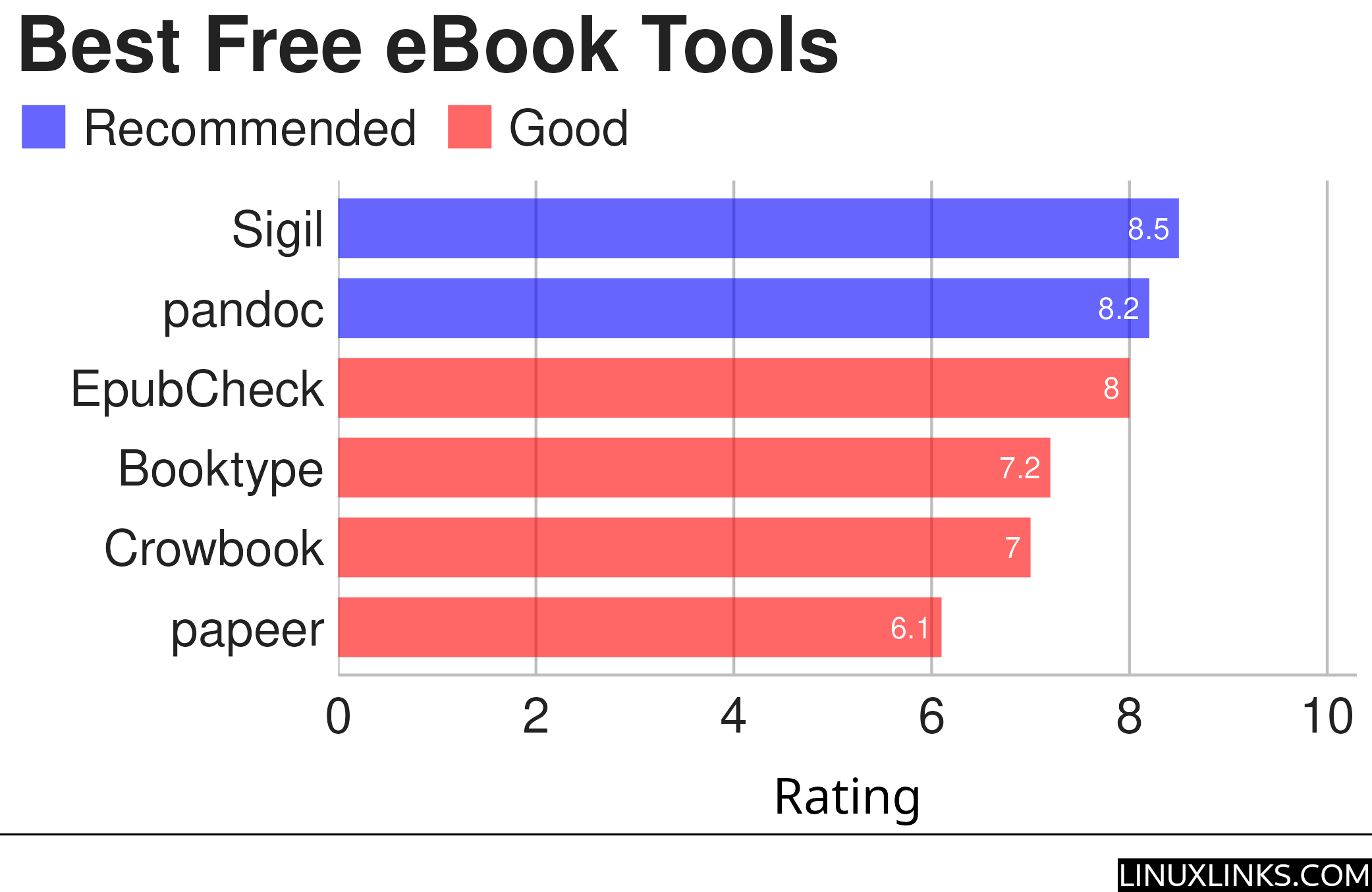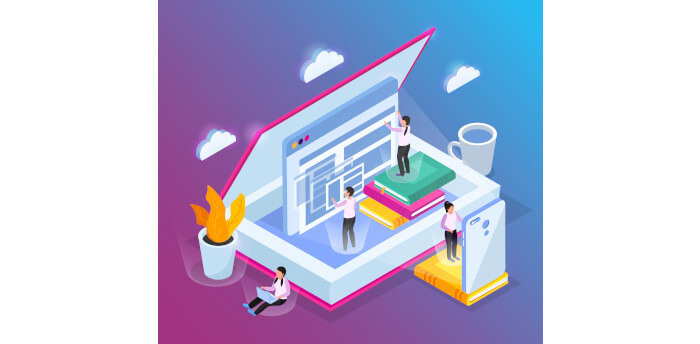An electronic book (commonly abbreviated e-book) is a text and image-based publication which can be read on a computer or other digital devices such as an e-book reader.
Digital books are well established. Project Gutenberg, an online library of books that can be downloaded free of charge, has been expanding its collection since 1971. Almost its entire library consists of books that are available in the public domain, although there are a few copyright texts which are also included.
The popularity of digital e-books has been accelerated by a number of dedicated portable e-book readers. The various Amazon Kindle are extremely popular devices which have enabled readers to conveniently access a huge library of books, magazines and newspapers on the move. What is particularly noteworthy is that Linux is the operating system that runs the devices.
However, Linux is also an attractive way of reading e-books on a desktop computer or notebook. Linux has a good range of open source software which helps users to organize their e-book collection, catch up on a novel, or even to create and publish their own e-book.
This article selects our pick of the available eBook tools. We only explore free and open source software here.

Let’s explore the 6 eBook tools at hand. For each application we have compiled its own portal page, a full description with an in-depth analysis of its features, screenshots, together with links to relevant resources.
| eBook Utilities | |
|---|---|
| Sigil | Multi-platform WYSIWYG ebook editor |
| pandoc | Universal document converter |
| EpubCheck | Validate your EPUB Books |
| Booktype | Platform that produces beautiful, engaging books |
| Crowbook | Convert books written in Markdown to HTML, LaTeX/PDF and EPUB |
| papeer | Web scraper for ereaders |
 Read our complete collection of recommended free and open source software. Our curated compilation covers all categories of software. Read our complete collection of recommended free and open source software. Our curated compilation covers all categories of software. Spotted a useful open source Linux program not covered on our site? Please let us know by completing this form. The software collection forms part of our series of informative articles for Linux enthusiasts. There are hundreds of in-depth reviews, open source alternatives to proprietary software from large corporations like Google, Microsoft, Apple, Adobe, IBM, Cisco, Oracle, and Autodesk. There are also fun things to try, hardware, free programming books and tutorials, and much more. |
